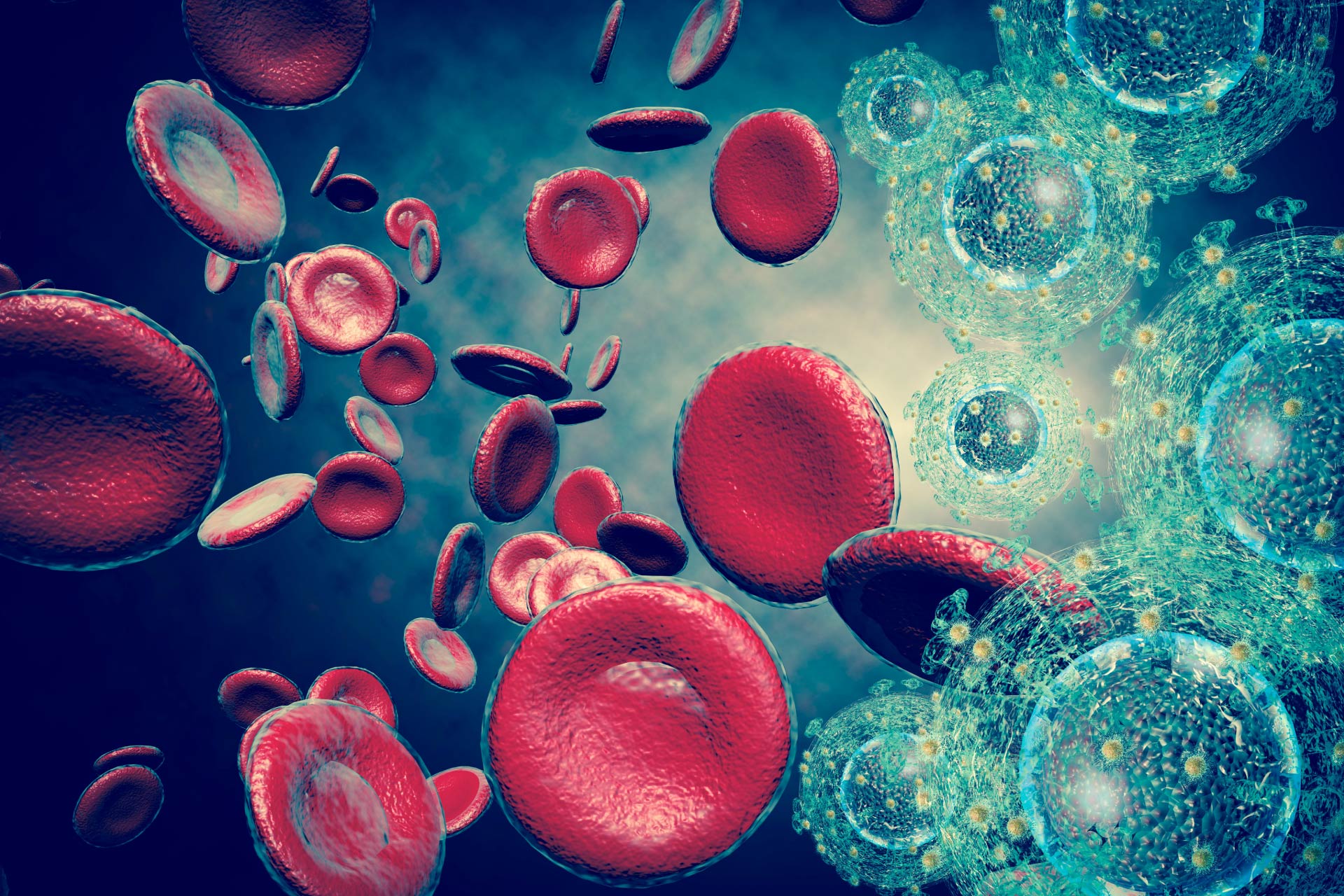• Clinical trial
• Manipulating the microbiota
What is already known on this topic
Human immunodeficiency virus (HIV) infection weakens a person’s immune system, leading to chronic inflammation. Studies have shown that the gut microbiota can influence susceptibility to HIV infection, long-term inflammation, and HIV-vaccine efficacy. For these reasons, altering the gut microbiota is being used as a strategy to improve clinical outcomes in people with HIV.What this research adds
In a small pilot trial, researchers have tested whether fecal microbiota transplant (FMT) would be safe and effective at shaping the microbiota of people with HIV. FMT elicited changes in gut microbiota composition and alleviated intestinal damage, with no serious adverse events being reported. In people who received FMT, the researchers also observed changes in the levels of immune cells that fight disease and infection as well as inflammatory markers.Conclusion
The findings suggest that FMT could be used as a non-invasive and safe strategy to manipulate the gut microbiota in people with HIV.
Human immunodeficiency virus (HIV) is the cause of one of the world’s deadliest and most persistent epidemics. Now, findings of a small pilot trial suggest that microbial transplants could be used as a non-invasive and safe strategy to manipulate the gut microbiota, which has been linked to persistent inflammation during HIV infection.
The study, published in Nature Communications, encourages further research in this field through larger trials where the dose of fecal microbiota transplant (FMT) is increased over time, the researchers say.
Scientists know that HIV infection weakens a person’s immune system, leading to chronic inflammation. The gut microbiota has been shown to influence susceptibility to HIV infection, long-term inflammation, and HIV-vaccine efficacy.
For these reasons, altering the gut microbiota is being used as a strategy to improve clinical outcomes in people with HIV. But although several studies have assessed the use of prebiotics and probiotics supplementation in people with HIV, some have failed to detect differences in the outcomes.
“In this work, we hypothesized that repeated FMT using capsulized stools will be more efficacious than previous nutritional interventions aimed at shaping the microbiota in [people with HIV] and improve systemic markers of inflammation,” say the authors of the new study, who are led by Sergio Serrano-Villar at the Hospital Universitario Ramon y Cajal.
Clinical trial
In 2017, the researchers recruited 30 individuals with HIV who were being treated with anti-retroviral drugs: one group received eight courses of oral FMT and another group received a placebo. Of six individuals who had received antibiotic treatment in the 14 weeks before FMT, three were in the group that received FMT.
The team followed study participants for 48 weeks. No serious adverse events were observed. Five people given FMT reported mild abdominal distension, flatulence, and diarrhea. Only one person in the placebo group reported flatulence.
FMT elicited changes in the gut microbiota composition, with bacteria belonging to the Ruminococcaceae and Lachnospiraceae families increasing over time. These bacterial families are typically reduced in people with HIV. The researchers also observed a mild and transient engraftment of donor’s microbiota, especially in recipients who had been treated with antibiotics before FMT. In people who received FMT, the team found changes in the levels of immune cells that fight disease and infection as well as inflammatory markers.
Manipulating the microbiota
“We found that it is possible to induce long-lasting changes on the gut microbiota through an intervention targeting the gut microbial ecology,” the researchers say.
Although the study assessed only a small number of individuals, one of its main strengths is the inclusion of a placebo group, which allowed the researchers to determine whether changes in the FMT group were random variations in gut microbial composition or whether they were caused by repeated FMT.
“Our study supports scaling-up this intervention to larger controlled studies, possibly using antibiotic preconditioning treatment, and increasing the total FMT dose administered over time,” the authors say.











